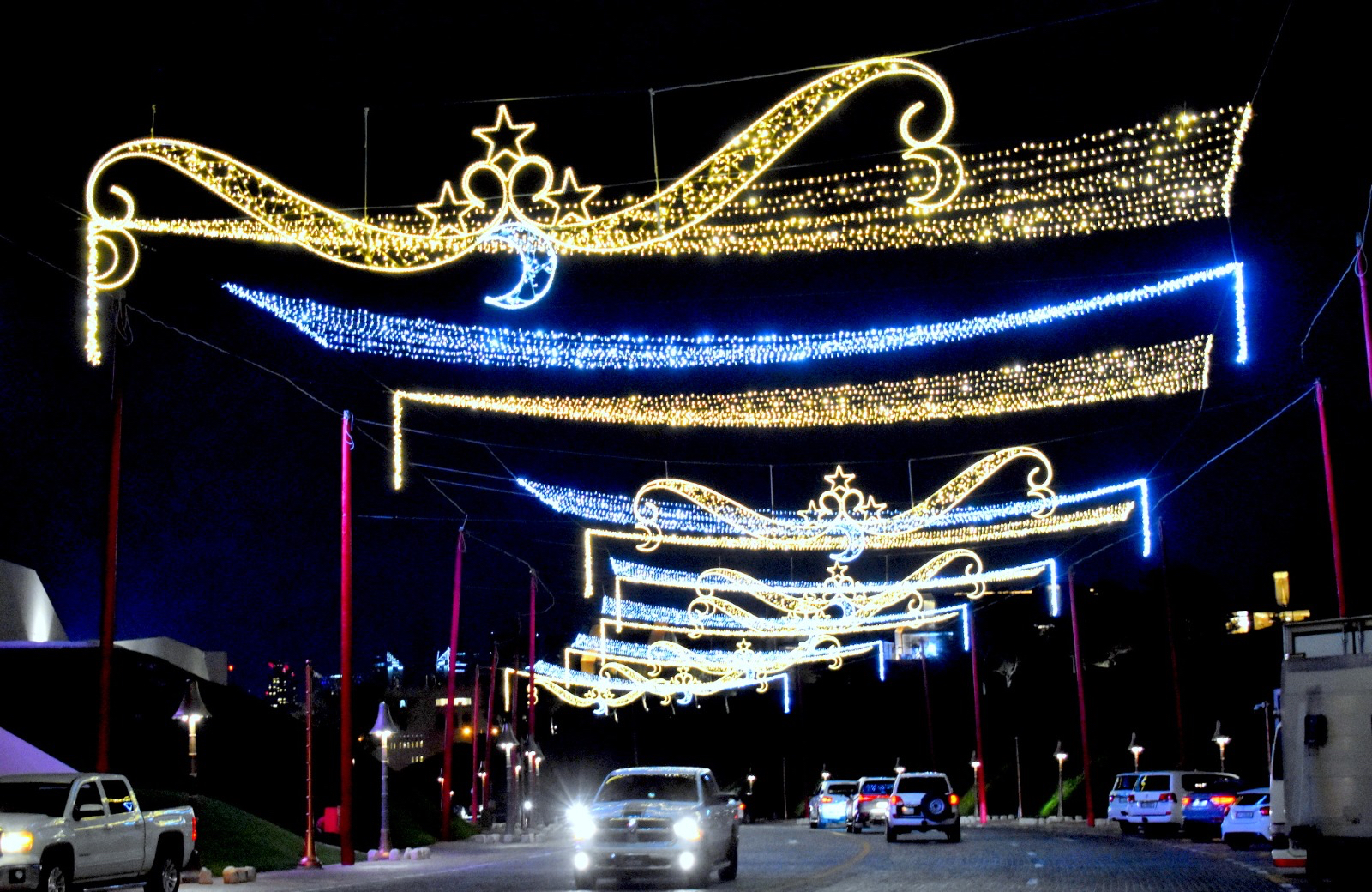The holy month highlights the many hallmarks of Qatari hospitality, with the ghabqa being no exception.
During Ramadan, the fasting day begins with suhoor. Muslims eat this meal before the dawn fajr prayer.
Then, the iftar meal breaks the daily fast after the Ramadan sunsets.
On March 3, the General Department of Endowments at the Ministry of Awqaf and Islamic Affairs announced their campaign to provide over 700,000 iftar meals across 20 locations in Qatar. This drive will feed at least 24,000 fasting individuals daily.
In Qatar, in between these two important meals lies another that takes place – encapturing local hospitality and generosity. Namely, the ghabqa.
The Ramadan ghabqa, which can translate to a gathering around a table, takes place late at night after iftar.
Loved ones invite families and friends into their homes or majalis to indulge in a delectable variety of dishes and drink from the free-flowing pots of karak or kahwa until they are full.
Then and now
In April last year, the Qatari Media Centre, which is affiliated with the Ministry of Culture, hosted a Ramadan ghabqa event. They invited Mustafa Kokso, Turkey’s Ambassador to Qatar, and many Qatari media professionals.
Qatari journalist Mohammad Al Mohannadi chaired a discussion titled ‘The Ghabga between Yesterday and Today’ during the gathering.
The discussion emphasised how the nation cherishes and preserves Qatari cultural heritage despite rapid changes within society.
Aisha Al Tamimi, one of the first Qatari chefs to specialise in Gulf Arab and international cuisine, participated in the discussion. She said that despite changes in local dietary preferences, the ghabqa gathering table still reflects Qatari communal well-being.
In 2015, the Qatari Ministry of Arts, Culture and Heritage included the local Ramadan ghabqa tradition within its national inventory list of intangible cultural heritage.
The ‘Ramadan’ cultural category described the ghabqa as a meal “that is not done every day.”
Additionally, “this meal is taken after midnight and food served in this meal is not different from that of the breakfast. Families and friends get together once they are invited by one of them.”







